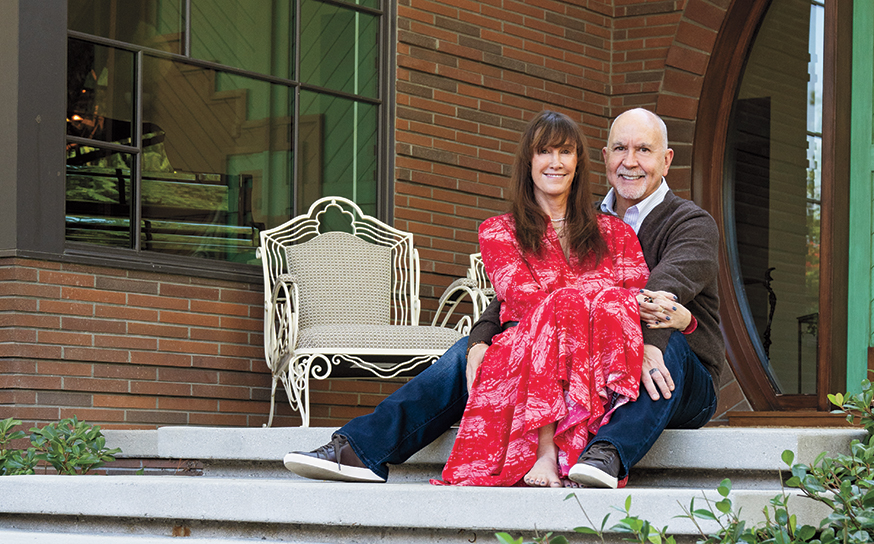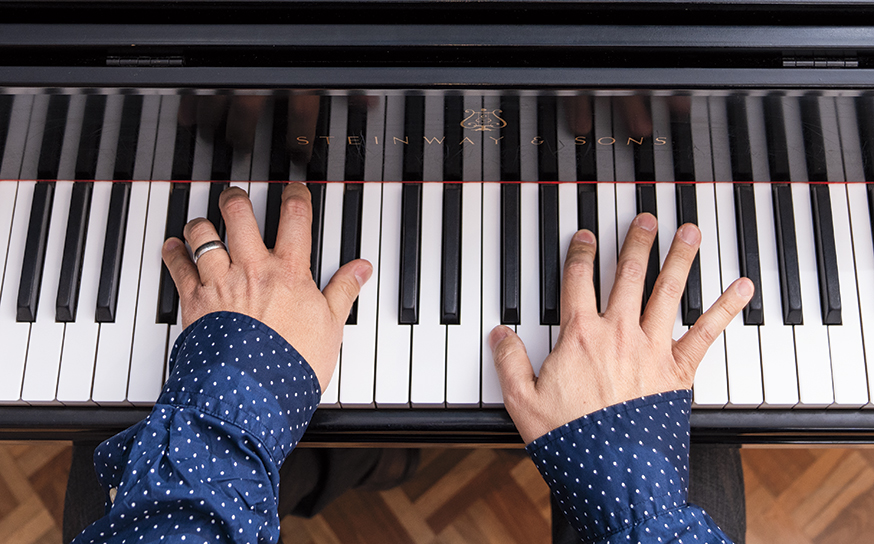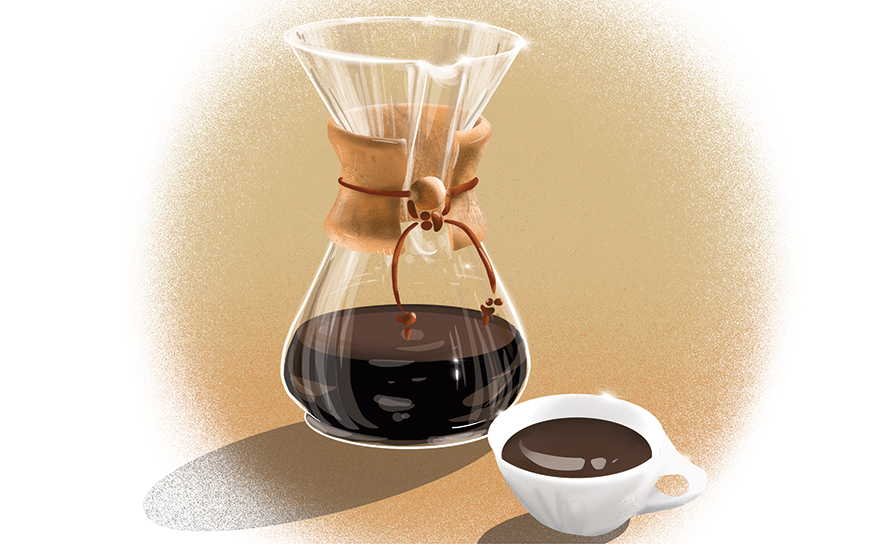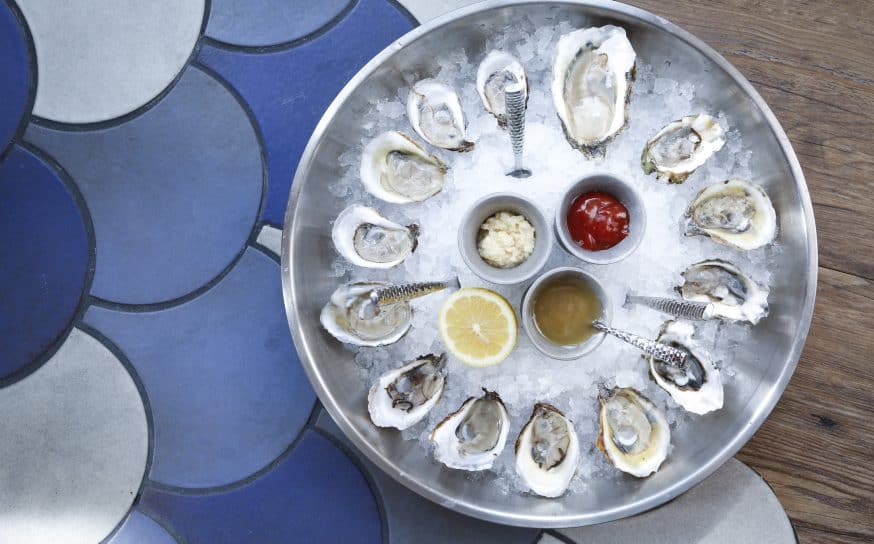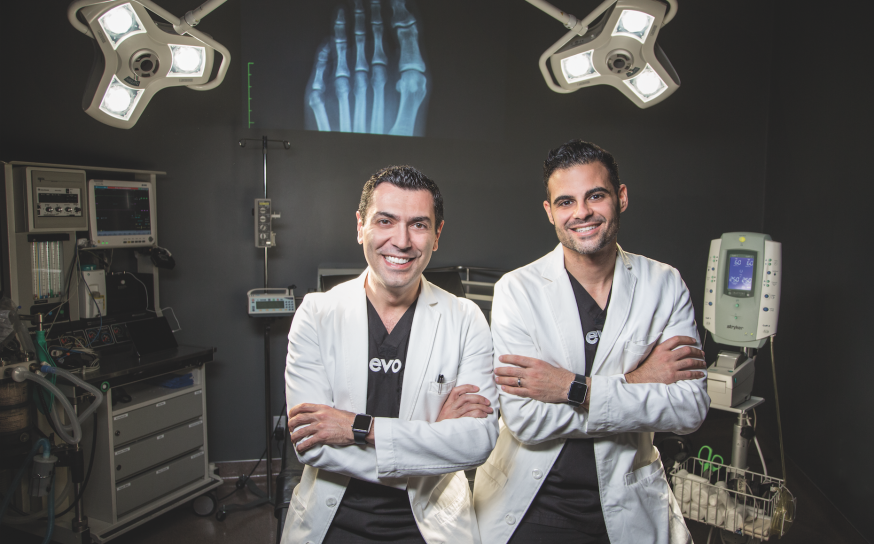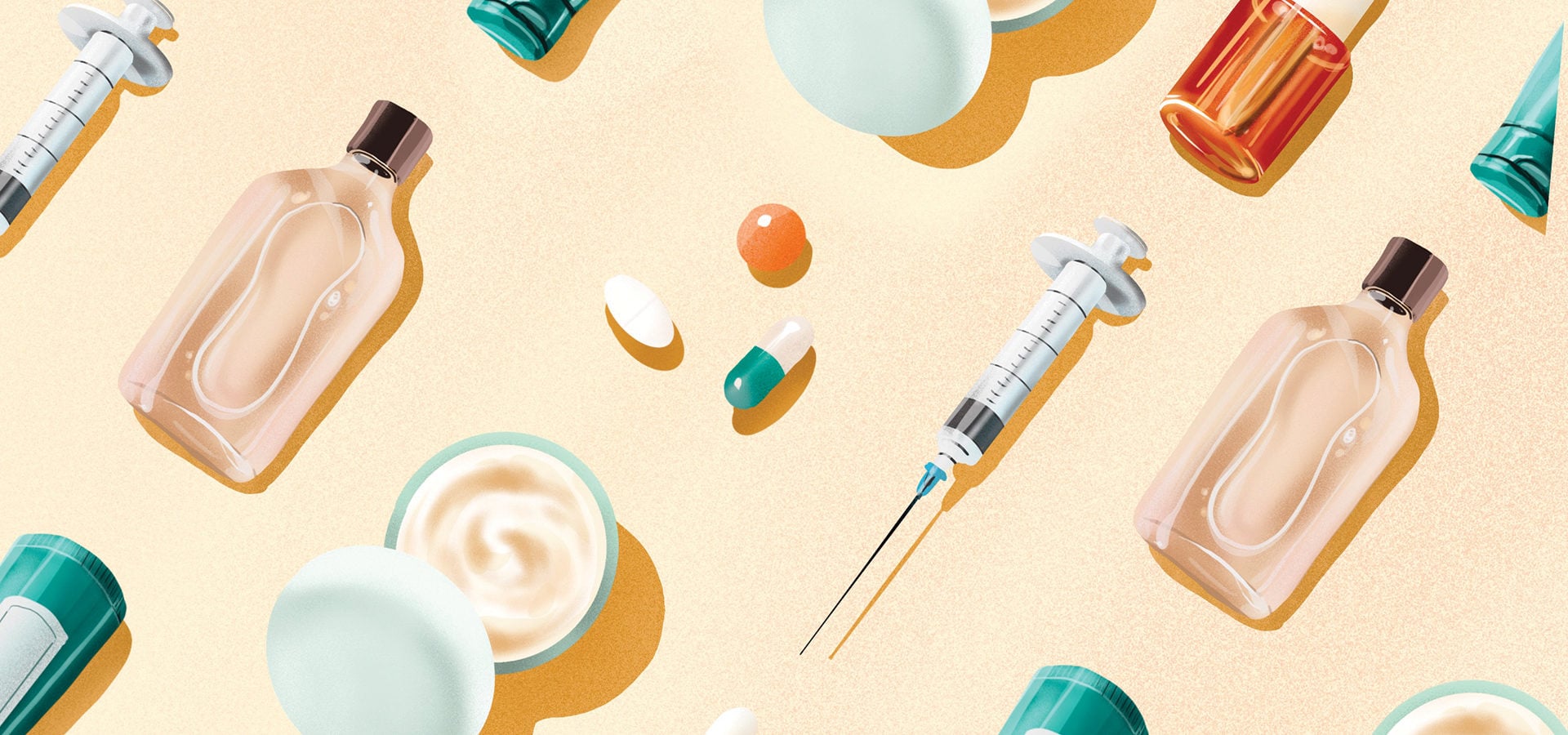
Female Health Expert Dr. Jennifer Berman on Human Growth Hormone
Anti-aging secret?
When most of us hear “human growth hormone,” we think of all the athletes who have gotten in trouble for using the treatment to enhance performance. But in recent years, HGH has been used legitimately to fight aging. Here VB Editor Linda Grasso interviews urologist and female sexual health expert Dr. Jennifer Berman (The Doctors) about using HGH for anti-aging, as well as other procedures and supplements she is currently prescribing for patients at her private practice, Berman Women’s Wellness Center.
 What exactly is HGH?
What exactly is HGH?
It is produced by the pituitary gland, in the brain. It controls ovarian function, adrenal gland function, thyroid function. For both men and women, HGH starts dropping as you get older. There is an abrupt drop when women become menopausal.
How does it offset the aging process?
When injected on a nightly basis, it helps with skin, hair, nails, memory, mood, sleep and weight gain. All of those symptoms that occur with aging and menopause in women are related directly or indirectly to inflammation in the body. Aging is a consequence of inflammation. As we get older, inflammation builds in our bodies, skin, organs and cells. That’s what causes the appearance of aging.
What exactly is HGH approved by the FDA for?
The FDA-approved use of HGH is for short stature—children with short stature—to make them bigger, to grow—and for people who are HIV positive who have loss of muscle mass. It is not approved for anti-aging, and so for that use, it is not covered by insurance. I prescribe something called the Norditropin pen. It’s a metered dose that you can dial. Depending on the pharmacy, it costs between the high $600s to $700+ a month.
Why do you have to inject at night?
Because it mirrors your circadian rhythm. HGH is secreted at night. It affects the sleep-wake cycle. The other challenge with it right now is that it has to be refrigerated. After you open it, you have to keep it cold. That can be a challenge for people who travel.
What do you hear back from your patients? Worth the cost?
I’ve been prescribing HGH for my patients for 10 to 15 years now. More of them notice a benefit than those who don’t. The ones who don’t want to continue using it have either reached a goal of weight loss—I use it a lot for that—or it’s cost-prohibitive. A lot of patients will choose to cycle it over time: three months on, a month off, and repeat.
I prescribe HGH in combination with other things; I don’t ever just give growth hormones and nothing else. For metabolism and weight loss, it is a very effective adjunct. On its own, it is not as impactful. It’s not a cure-all.
Have you tried HGH?
Yes, being in Los Angeles and being vain and on camera—I have. After I had my second baby, I gained 45 pounds. I had to go back on camera and felt I needed to look my best. I hired a trainer and got on HGH. I remember the trainer saying to me, “Wow, you really respond well to exercise.” That was the biggest thing that I noticed—that HGH enhanced my performance. The results from weight training were quickly visible.
Did you notice anything different in your skin?
For sure. HGH impacts the rate of aging of the cells, and it also causes the cells to retain water, which gives you a more dewy, youthful look.
What risks are associated with HGH?
If you’re causing a cell to live longer, or preventing the death of a cell, you could potentially prolong the life of a mutated cell like a precancerous cell. HGH is not for patients who have had a history of malignancy or a tumor of any kind. They may have dormant cancer cells in their body.
Also, if you’re not using it properly and cycling it, it can shut down your pituitary gland from secreting not only growth hormone but all the other hormones. That is a very serious consequence. Lastly, because it causes cells to retain water, sometimes people will experience something like joint tightness in their fingers.
What do you think of CBD?
CBD, similar to HGH, is a really potent anti-inflammatory and antioxidant. For health benefits, I think CBD is great. For quieting the mind, I did a study with a neurophysiologist. She was looking at brain waves with CBD. We were using a CBD tincture from the company Charlotte’s Web at that time, and we found that it quiets the frontal cortex, which we women need to learn to do.
Women are quintessential multitaskers. We can think about 15 things at once. Not necessarily worrying—just thinking and doing and planning. We’re great employees and bosses, but it’s really hard to shut that off. Women who have difficulty shutting that off will say, “My libido is low.” That’s a part of it. CBD helps to quiet the frontal cortex activity and allows you to be and feel, as opposed to think and do. It doesn’t necessarily increase desire, per se, but you’re more receptive and feeling.
What about THC?
There is research—not necessarily clinical trials, but human and animal research—showing that THC also has protective effects in the brain and body. The problem with THC is that when it’s delivered orally or inhaled, is it’s mind-altering. A lot of people can’t function.
What are some other ways of boosting libido?
Testosterone is the hormone of desire in men as well as women. If you have tried testosterone and it hasn’t worked, which does happen, it’s because every woman absorbs it differently. The other issue with testosterone that many practitioners don’t know is that we have to get the level in women superphysiologic. You need higher than normal levels in your blood for it to penetrate the brain and central nervous system.
Every woman is different and metabolizes differently. If a woman is not absorbing or not feeling a difference, then the first thing to do is to change the delivery. There are pellets, drops and creams.
There are also prescription drugs like Addyi, which is a once-a-day oral pill for low libido, FDA-approved. It quiets the frontal cortex activity. The issue with it is that it doesn’t work overnight, and it’s subtle.
There is also Ristela, by a company called Bonafide, which makes over-the-counter supplements for women. They have one for PMS and one for hot flashes. They also have a vaginal dryness suppository called Revaree.
I know you recommend Emsculpt for some of your patients who want to get rid of body fat. How does it work?
Well, it melts fat and contracts the muscle. It’s the equivalent of doing 20,000 crunches or squats. In terms of the clinical trials, the results—if you do nothing else, don’t exercise, eat exactly the same—last a year. After that, there’s maintenance required. The results do last. If you diet and exercise, it optimizes the results.
For more of the interview with Dr. Berman, go to the SheSez with Linda Grasso podcast at shesez.com.





